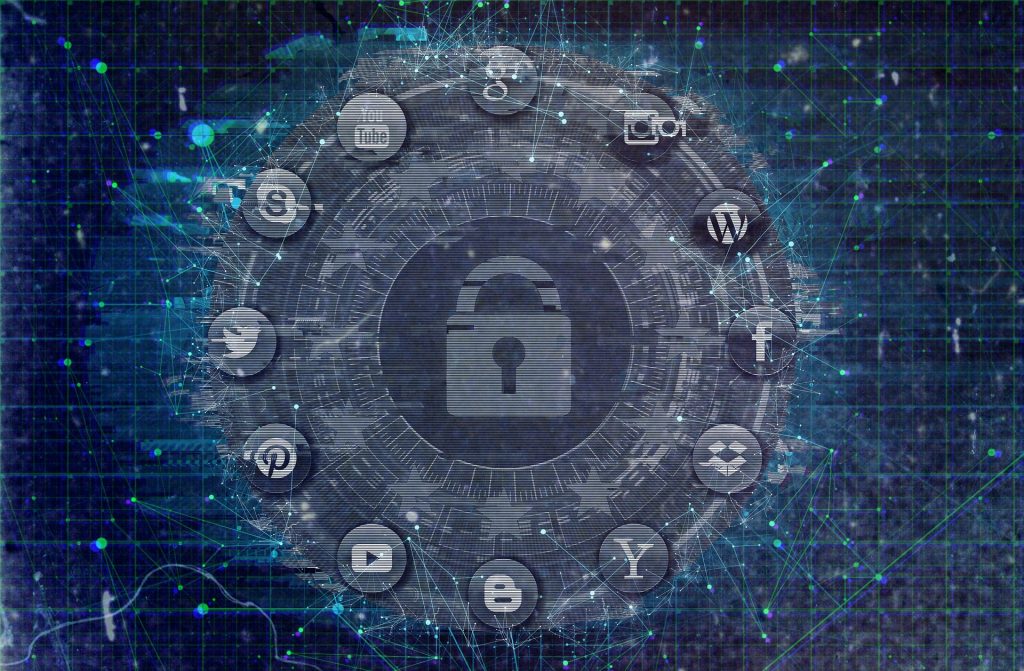A data security analyst (also known as an information security analyst) protects an organization’s data from outside attacks. They are in demand in all types of data-driven industries such as consulting, computer systems design, and financial services. Sound like a job you’d like to have? Read on.
Educational qualifications and training
According to the U.S. Bureau of Labor Statistics (BLS), a data security analyst is typically required to have a bachelor’s degree in computer information systems, computer science, or engineering.
A few employers insist on prior cybersecurity knowledge, for which you need to undergo specialized training. Sometimes work experience or a master’s degree — for instance, an MBA in Information Systems — may be expected.
In exceptional situations, employers may consider a person with post-secondary qualifications. A data security analyst should be creative, honest, and be capable of working in teams and leading them.
Training and certifications

Some of the more sought-after certification options include:
- Certified Systems Security Certified Practitioner (SSCP) – is for technicians and analysts. It vouches for the professional’s ability to keep out malware and provide data security.
- Certified Information Systems Security Professional (CISSP) – is meant for IT security managers. The eligibility is minimum five years’ work experience in:
- Software engineering
- Information security law
- Hardware security
To be certified, you must complete continuing education credits and clear criminal background verification.
These certifications are issued by the International Information Systems Security Certification Consortium (ISC2), a not-for-profit establishment that provides voluntary education and certification options.
Additional alternatives are vendor certifications by Microsoft and Cisco.
Moving up the hierarchy from information security analyst to officer or manager level requires work experience and often, additional qualifications.
Roles and responsibilities

The main duties of a computer or data security analyst are as follows:
- Establish safety protocols to protect all data managed by the company from, accidental or willful alteration, destruction, or leaks and caters to emergency data processing requirements.
- Keep track of antivirus effectiveness, updates, and renewals.
- Implement data encryption while transferring data. Stop unsafe data transmission and carry out confidential data transfers with firewall protection.
- Asses risk and efficiency of data processing systems.
- Revise information security files for:
- Adding new software
- Rectifying errors
- Modify access status of individual users.
- Deploy and maintain data security software.
- Protect network against hacking.
With the number of attacks on data rising with every passing year, the responsibilities of the data security analyst have broadened. Some of the added tasks include:
- Post-breach data compilation for forensic analysis
- Coding
- System analysis and telecommunications
Specialized technology expertise
The types of software that a data security analyst must know include:
- Development environment
- Apache Maven
- C
- Microsoft PowerShell
- Ruby
- Network monitoring
- Nagios
- Wireshark
- Sniffer Investigator
- Symantec Blue Coat Data Loss Prevention
- Operating system
- Bash
- Linux
- UNIX
- Microsoft Windows
- Antivirus and transaction security
- HP WebInspect
- PortswiggerBurP Suite
- Symantec
- McAfee
- Web development
- AJAX
- Django
- Hypertext markup language (HTML )
- JavaScript
Aspirants should note that many of these technologies are considered to be “hot skills” at present, as they appear most frequently in online job postings.
Domain expertise
An information security analyst must have expertise in:
- Computers and electronics:
- Electronics: Circuit boards, processors, chips, and electronic components
- Computers: System hardware, software applications, and coding
- Business management:
- Strategic planning principles
- Optimum resource utilization
- Human resource management
- Leadership
- Production processes
- Man material coordination
- Engineering and technology — Must know the practical use of engineering and computer science in the business. For instance the application of theories, techniques, processes, and tools to design and produce goods/services.
- Telecommunication — Understand telecommunication systems inside out, including:
- Transmission
- Broadcasting
- Switching
- Control
- Operation
Dearth of cybersecurity skills

The country is facing a huge shortage of qualified cybersecurity professionals. If you have the right skill set then you can demand a decent paycheck and even during a recession you will probably still be employed.
To fathom the extent of this human-power crunch, candidates should consider this:
-
- One to two million unfilled cybersecurity jobs will exist at the end of next year.
- Approximately five to six million professionals are needed, but there are only four to five million qualified folks.
- Hacking the Skills Shortage, a survey by McAfee, reported that 82 percent of 775 IT respondents confirmed skill shortages in cybersecurity departments in their respective companies.
- The U.S. has only two candidates for every three positions listed. The situation in other countries is worse. The UK and Ireland have only one candidate for every three listed jobs. This deficit is growing instead of reducing each year.
- The Life and Times of Cyber Security Professional, a report put together by Enterprise Strategy Group (ESG) and the Information Systems Security Association (ISSA), stated that out of respondents who had faced cyberattacks in the past two years:
- 29 percent admitted that their data security team was inadequate for their organization’s size.
- 18 percent confirmed that their information security team was unable to keep pace with the demands of their jobs.
The jobs in this field are predicted to grow at 18 percent per year from 2014-2024. This will add to the already serious shortage of qualified candidates to fill cybersecurity positions. Considering the demand, anyone with the right data security skills can look forward to being absorbed into the domain.
Data security analyst pay trends
BLS expects data security analyst jobs to grow at an annual rate of 28 percent in the U.S. until 2026. The average annual salary of the information security analyst was $99,690 in May 2017, according to BLS. The top 10 percent of employees in this field earned more than $153,090 last year.
If the job profile of a data security analyst appeals to you, then give serious thought to pursuing it as a career. The outlook is excellent for the immediate and long-term. Acquire the necessary skills and you are all set to take the plunge.
Featured image: Pixabay



